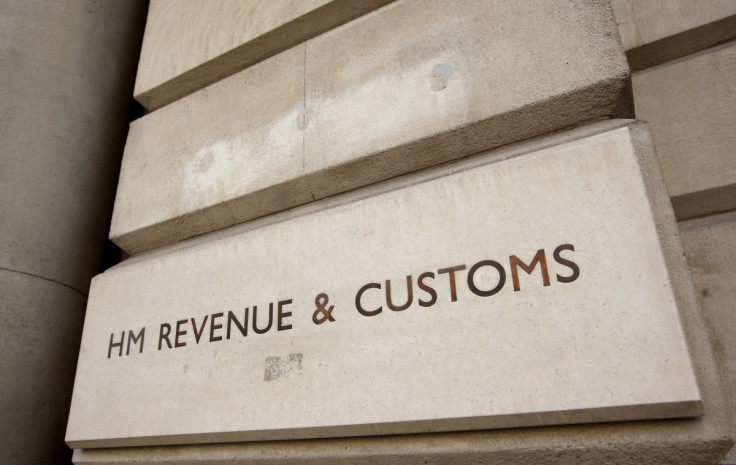HMRC collected £1bn less tax from UK's super-rich since 2009, watchdog reveals
This comes even as income tax paid overall since 2009 has increased by £23bn.

HM Revenue & Customs (HMRC) has collected £1bn ($1.26bn) less in taxes from the UK's super-rich since establishing a specialist unit in 2009, a report by The Public Accounts Committee (PAC) revealed on Friday.
PAC said that the findings were alarming because the total income tax paid since 2009 increased by £23bn.
According to the committee, HMRC's failure to clamp down on the super-rich was undermining confidence in the whole system. It called on the HMRC to be more transparent about its work, seek new powers wherever required and to do more to avoid tax evasion.
The Parliament's spending watchdog explained thatthe super-richreferred to all people in the country who had wealth of more than £20m. It said that HMRC could not explain why taxes collected from these people had fallen by 20% since 2009 despite having assigned a 'customer relationship manager' to each of these people to administer their tax affairs.
The report also showed that around one-third of wealthy individuals were under enquiry at any one time and that they were not being properly pursued for outstanding tax bills. In 2015-16 alone there were cases worth around £1.9bn in extra tax dues being investigated.
Wealthy individuals were also exploiting image rights in sports and entertainment, the committee said. HMRC currently had open inquiries relating to the use of these rights by 43 footballers, 12 clubs and 8 agents.
Meg Hillier, chairperson of PAC, saidin a statement, "Cosy terms such as 'customer relationship manager' and HMRC's reluctance to be open add to the picture of arrangements that, while beyond the reach of ordinary taxpayers, are also ill-suited to the increasingly sophisticated methods the super-rich can use to reduce the tax they pay.
"If the public are to have faith in the tax system then it must be seen to have fairness at its heart. It also needs to work properly. In our view HMRC is failing on both counts. HMRC must play a stronger role in identifying tax measures which are not being used as Parliament intended and push harder for reform where the rules are open to abuse."
"It must be willing to engage in an honest and open assessment of its compliance activity and adapt its approach swiftly, making the case for new powers where it needs them," Hillier said.
© Copyright IBTimes 2025. All rights reserved.






















